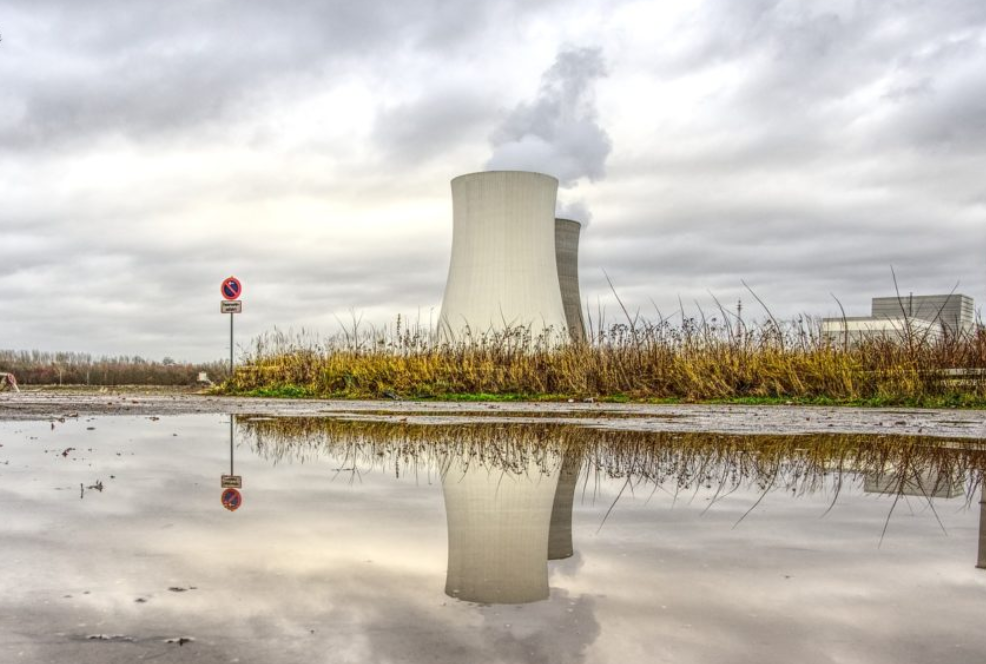“The Energy Act 2019 now enhances the participation of nuclear power development,” said Kenya’s permanent secretary in the Ministry of Energy, Joseph Njoroge, as he underscored the focus on pursuing reliable and sustainable, competitively priced clean energy.
Njoroge said this at the African Nuclear Business Platform in Nairobi, convened to provide insight on the nuclear energy market.
Among the participants at the forum, hosted by the Nuclear Power Energy Agency, were Kenya’s nuclear power stakeholders, as well as vendors and representatives from African countries, with the vision of embarking on the establishment of nuclear power plants.
Panel discussion at #AFBNP2019 on developing a sustainable energy policy and having nuclear as part of that mix. "To industrialize Africa must embrace Nuclear Technology 4 Energy " Ambassador Bamba #Nuclear4KE2027 pic.twitter.com/6cbtzLwxiC
— Nuclear Kenya (@nuclearkenya) October 15, 2019
The event took place in Nairobi, with the resolve to emphasize the importance of international collaboration in the region in nuclear energy.
Currently, hydroelectricity does not sustain industrialization alone, and a lot of effort has been put in to fast track geothermal energy, which contributes half of Kenya’s energy mix.
Solar and wind contribute approximately 12 per cent however, Kenya also views nuclear energy as the most viable option.
Collins Juma, the CEO for Kenya’s Nuclear and Power Energy Agency, indicated that a regulatory body will be established together with the Nuclear Power Programme.
Nuclear technologies now safer than before
Also at the forum, nuclear energy vendors demonstrated what is being done to take the fear out of nuclear.
There is a crop of new generation nuclear reactor designs that are much safer than previous models. There are also strict processes and regulations in place for many of the technology designs to guarantee safety.
The new generation of nuclear technology, notably small to medium-sized, modular reactors (SMR) is ‘affordable’ and smaller in size, thus reducing demands on land use. NuScale, a US-based company, currently has mature designs for SMR.
Prof. Abdulrazak, the IAEA director for Africa’s division at the Department for Technical Cooperation indicated that nuclear energy is able to mitigate climate change and has begun to gain popularity among developing countries that see it as a possible route to meet their industrialization plans.
African interest in developing nuclear power
Egypt, Ghana, Kenya, Morocco, Niger, Nigeria, Sudan, Tunisia, Ethiopia, Rwanda, and Uganda have expressed interest in setting up nuclear power infrastructure.
“There is a need for synergy. The continent needs to come together and learn from other countries that are pursuing nuclear energy. We need to have more African countries join IFNEC and push the Africa Nuclear Agenda,” he stressed.
IFNEC is the International Framework for Nuclear Energy Cooperation that provides a forum for cooperation among participating states to explore mutually beneficial approaches to ensure the use of nuclear energy for peaceful purposes.
Considering decarbonization of the energy sector as a long-term imperative, nuclear energy qualifies rationally as the most viable option.
This message was amplified by most African countries participating in the conference.
